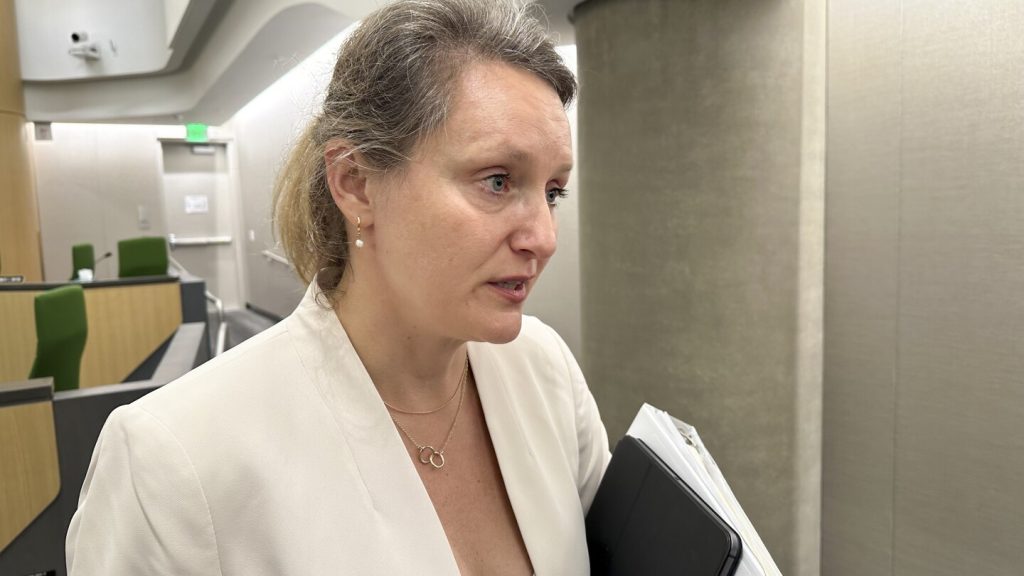Lawmakers in California are facing difficult decisions as they work to address a multibillion-dollar budget deficit. More than 1,000 bills are still pending in the Legislature, and on Thursday, hundreds of bills were halted from advancing during the suspense file process. This mysterious process involves committees deciding, without explanation, which bills will move forward and which ones will not. This year, an “out of the ordinary” situation occurred, with only about 65% of bills being approved by the Assembly Appropriations Committee, leaving over 230 bills without a path to move forward.
Democratic Assemblymember Buffy Wicks, the committee chair, emphasized the state’s budget woes as a reason for the strict decisions. While some bills, including proposals for reparations for Black Californians, were able to advance, others were held back due to financial challenges. Key proposals for reparations, such as establishing an agency to administer programs and creating a state fund for reparations, moved forward. However, bills providing property tax and financial assistance to descendants of enslaved people were held back due to budget constraints.
One notable bill that did not advance was a measure that would have allowed individuals 21 and older to consume psychedelic mushrooms under professional supervision. This bipartisan bill aimed to shift the state’s response to mental health crisis away from criminalization, but concerns were raised about oversight and lack of medical training for those overseeing treatment. Another bill that faced challenges was one aimed at repealing a new fixed charge on Californians’ utility bills in 2028. The charge was approved by state regulators, with the promise of lower electricity costs in exchange.
Lawmakers also decided against a bill that would have given California workers the right to disconnect from work-related emails and text messages outside of working hours. Modeled after a policy in Europe, the bill aimed to help workers establish clear boundaries between work and home life. Proponents argued that workers are often expected to be constantly accessible, while opponents expressed concerns about the bill being too vague and its potential impact on companies’ operations. Overall, the decisions made during the suspense file process reflect the challenging budgetary landscape facing California lawmakers as they prioritize bills for the coming year.


